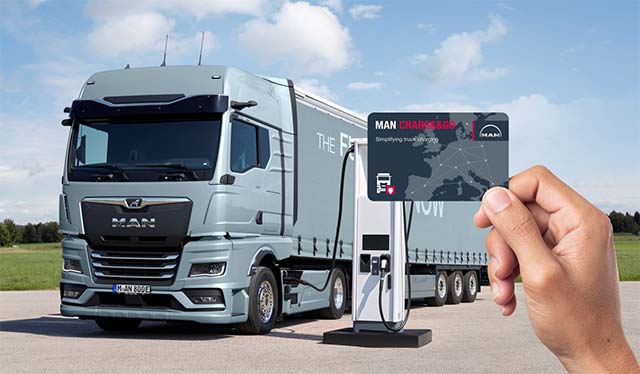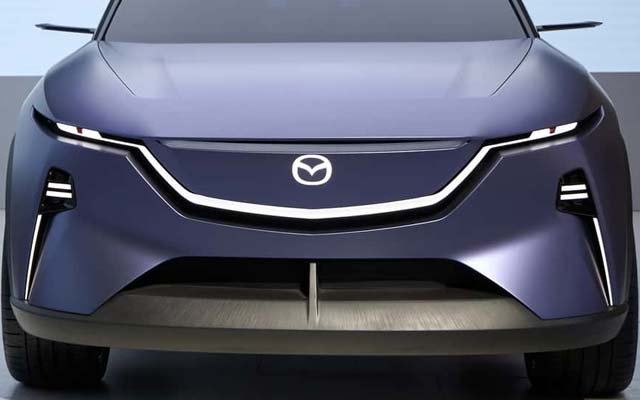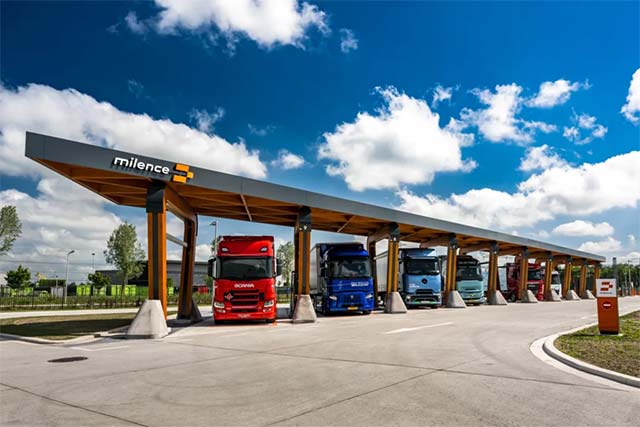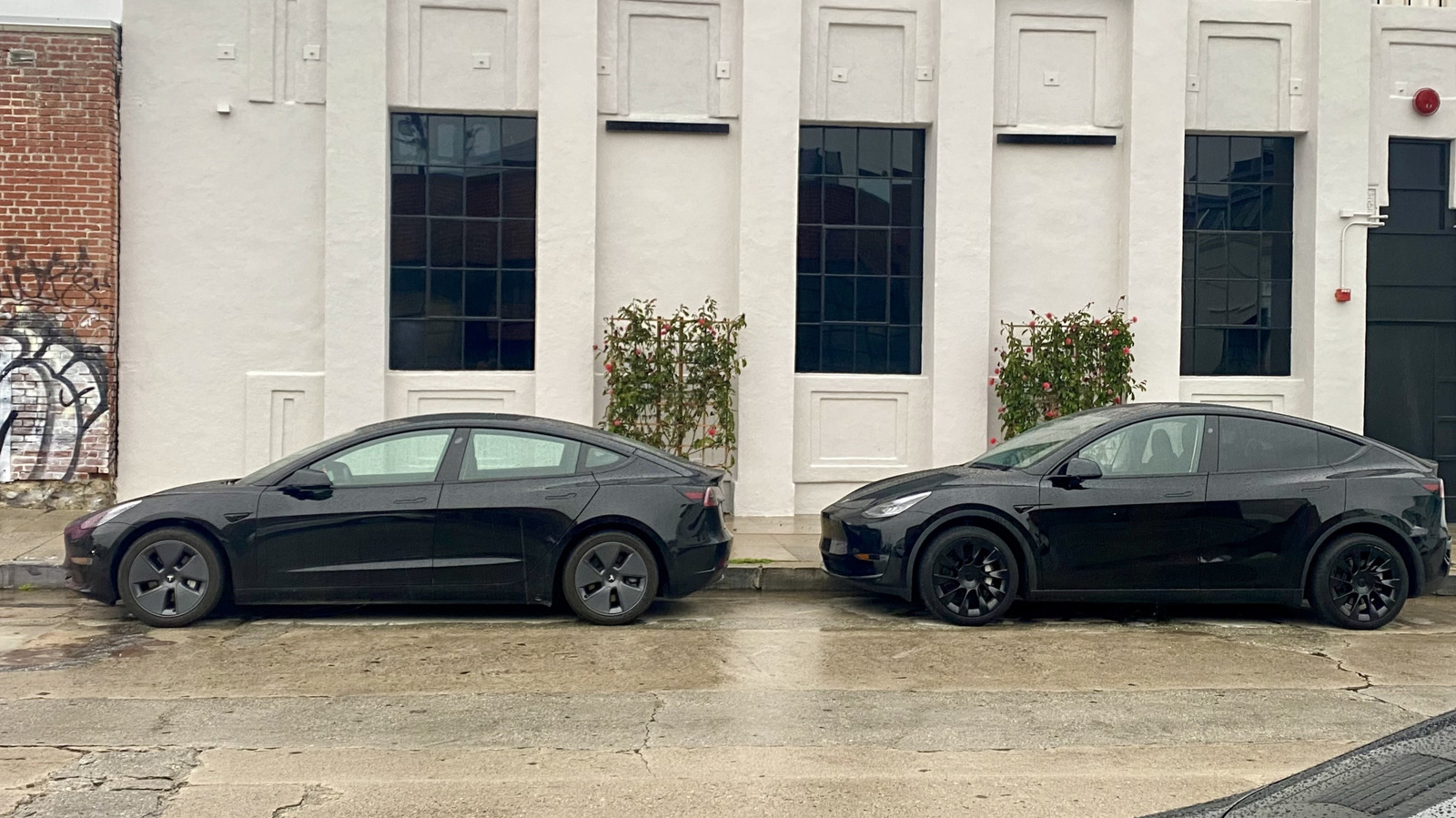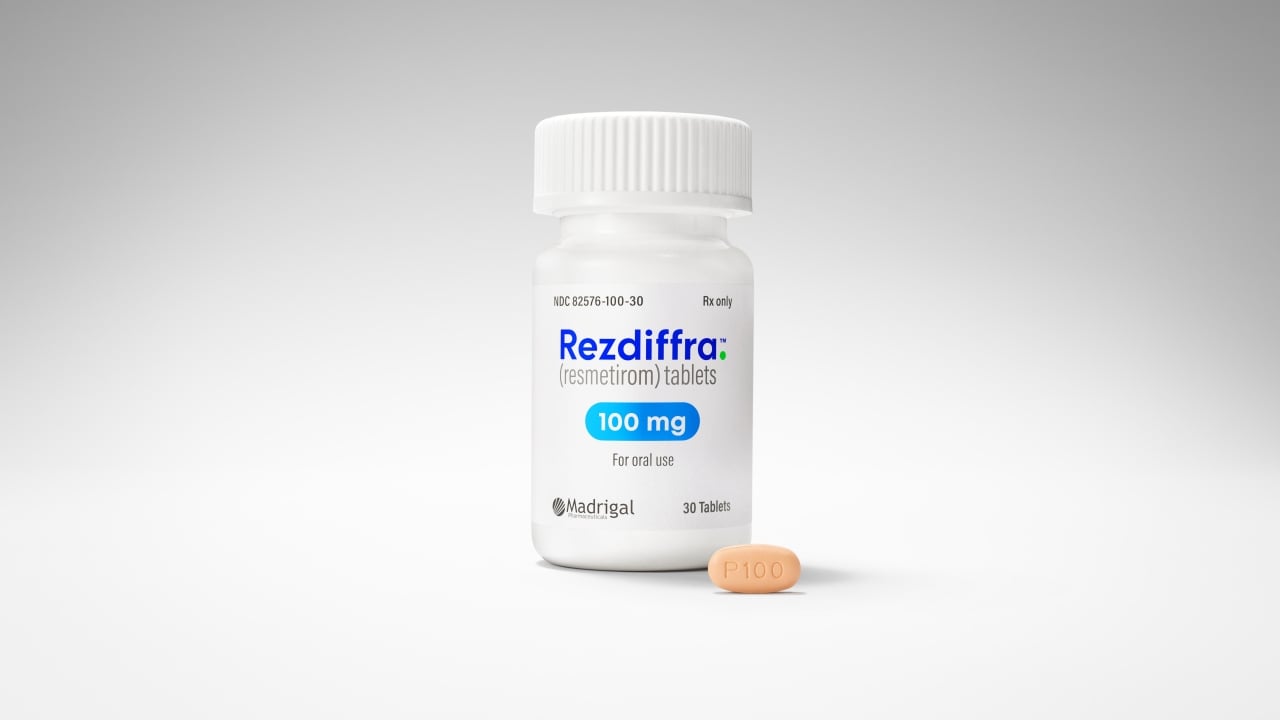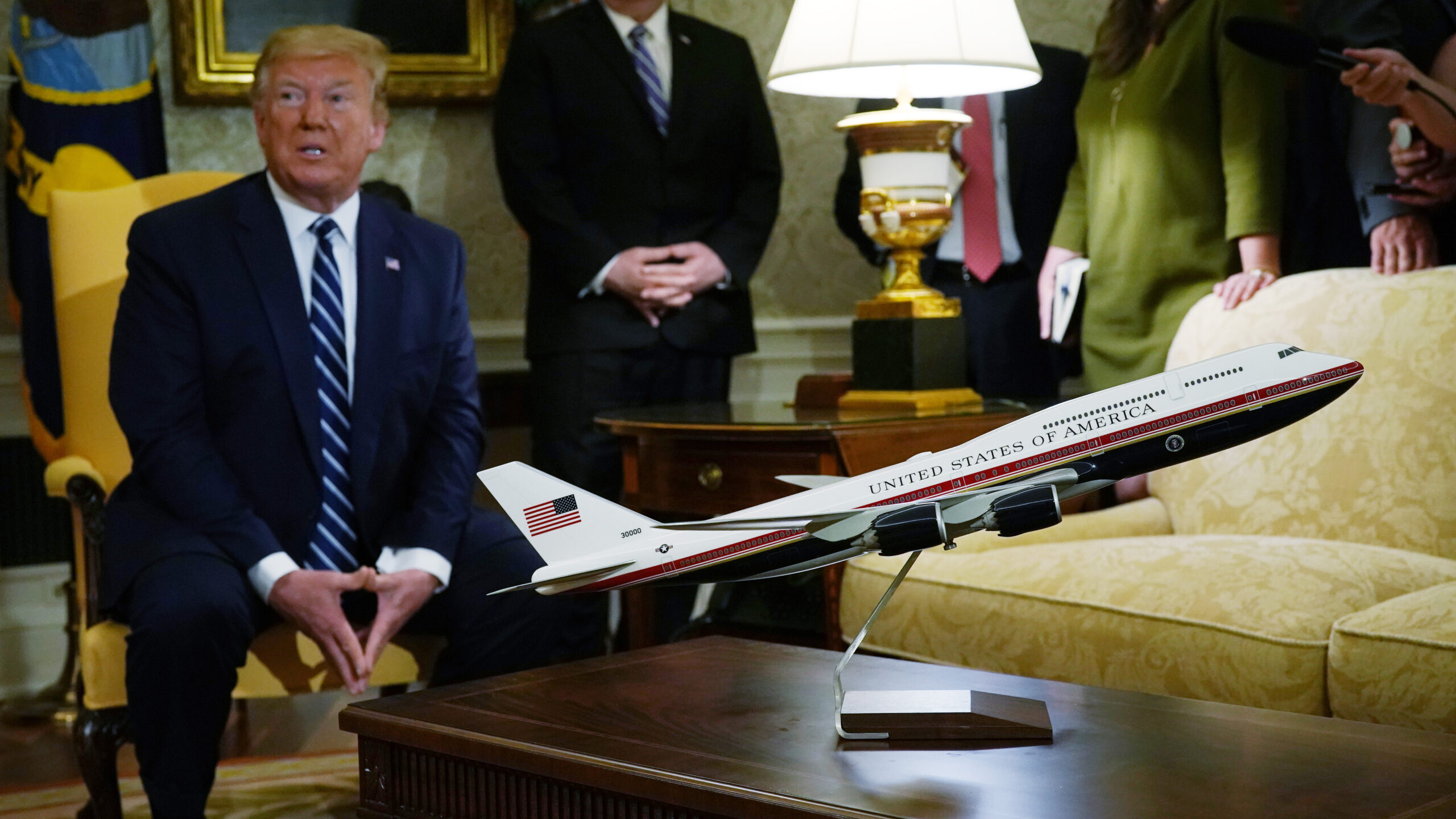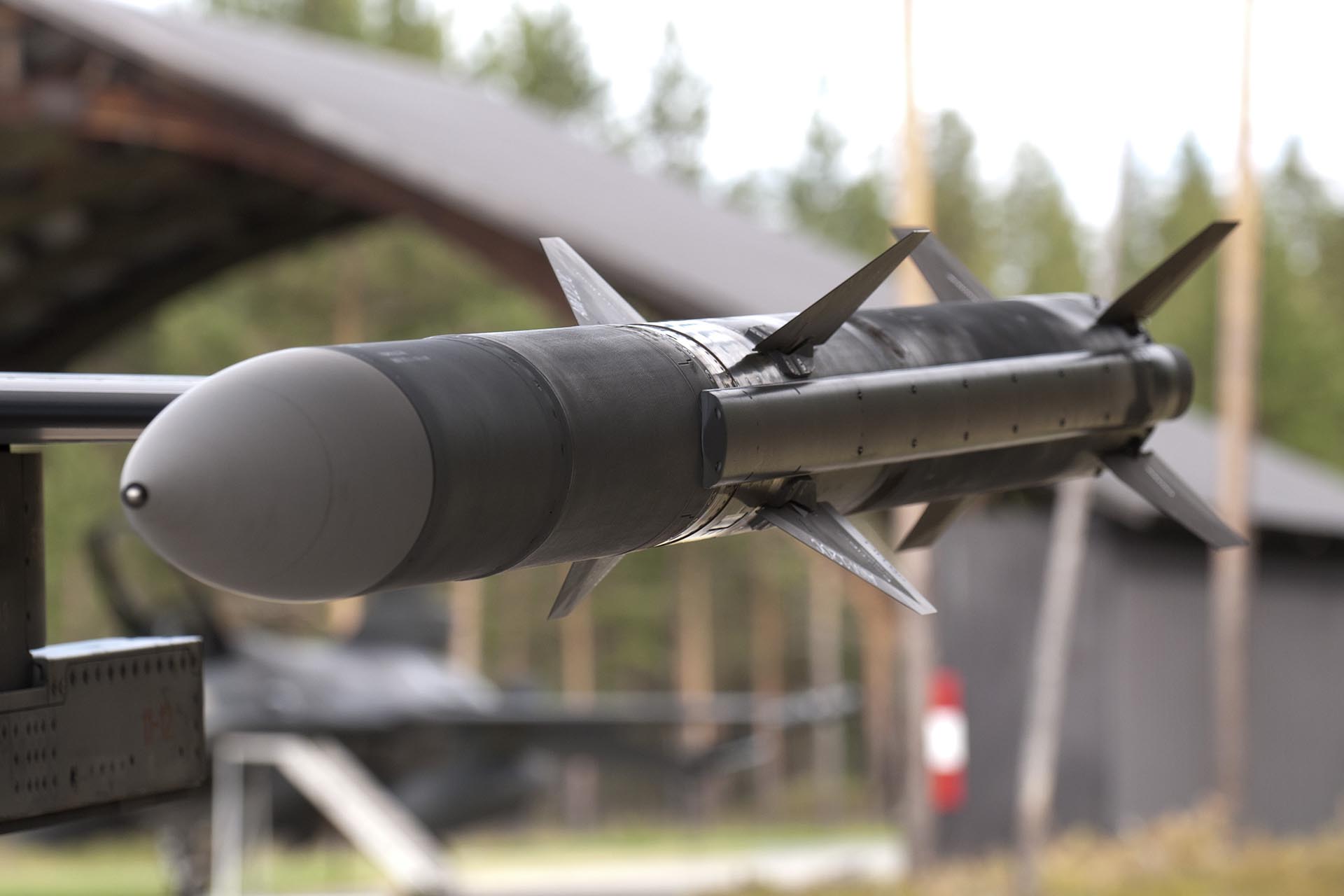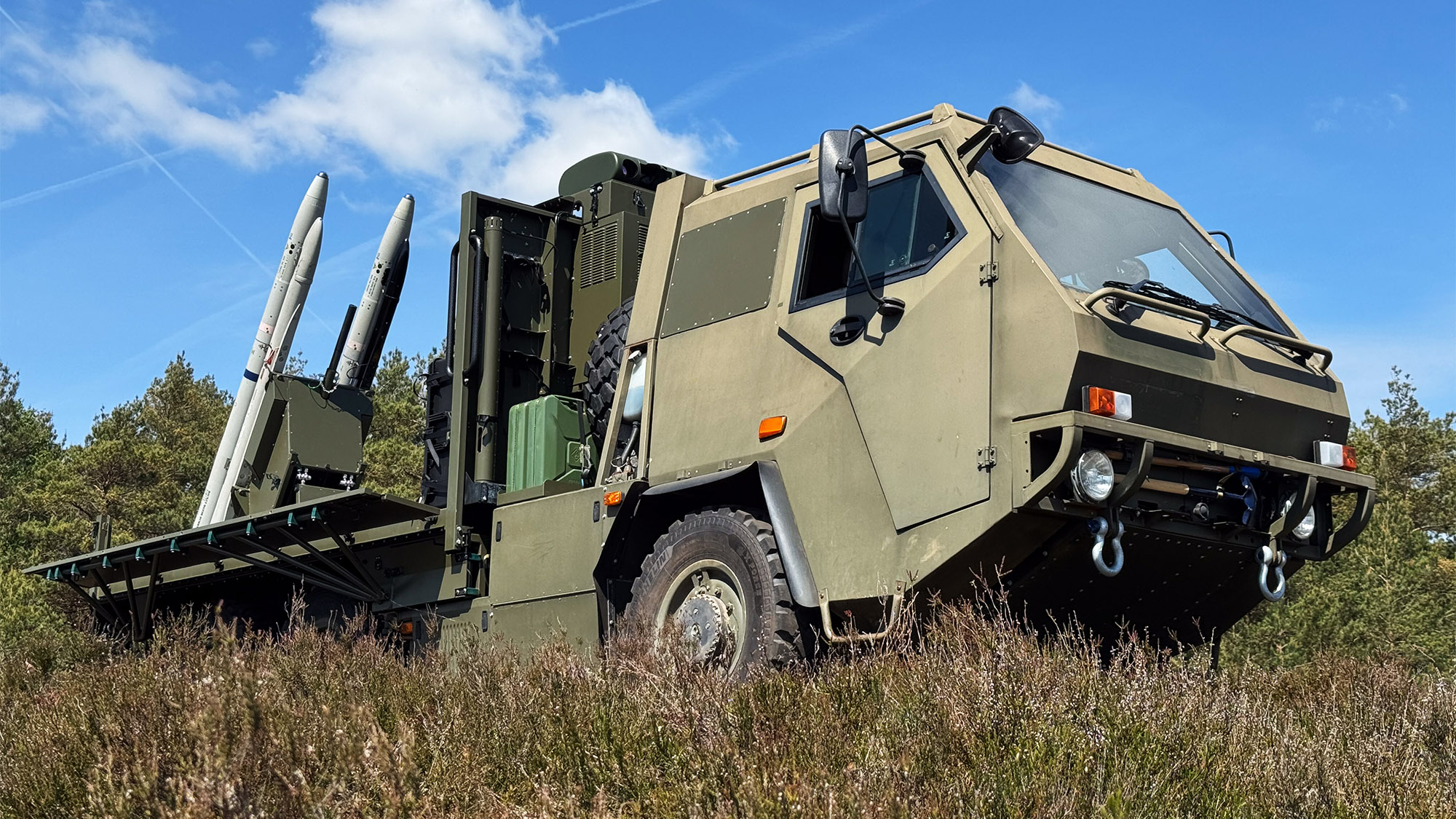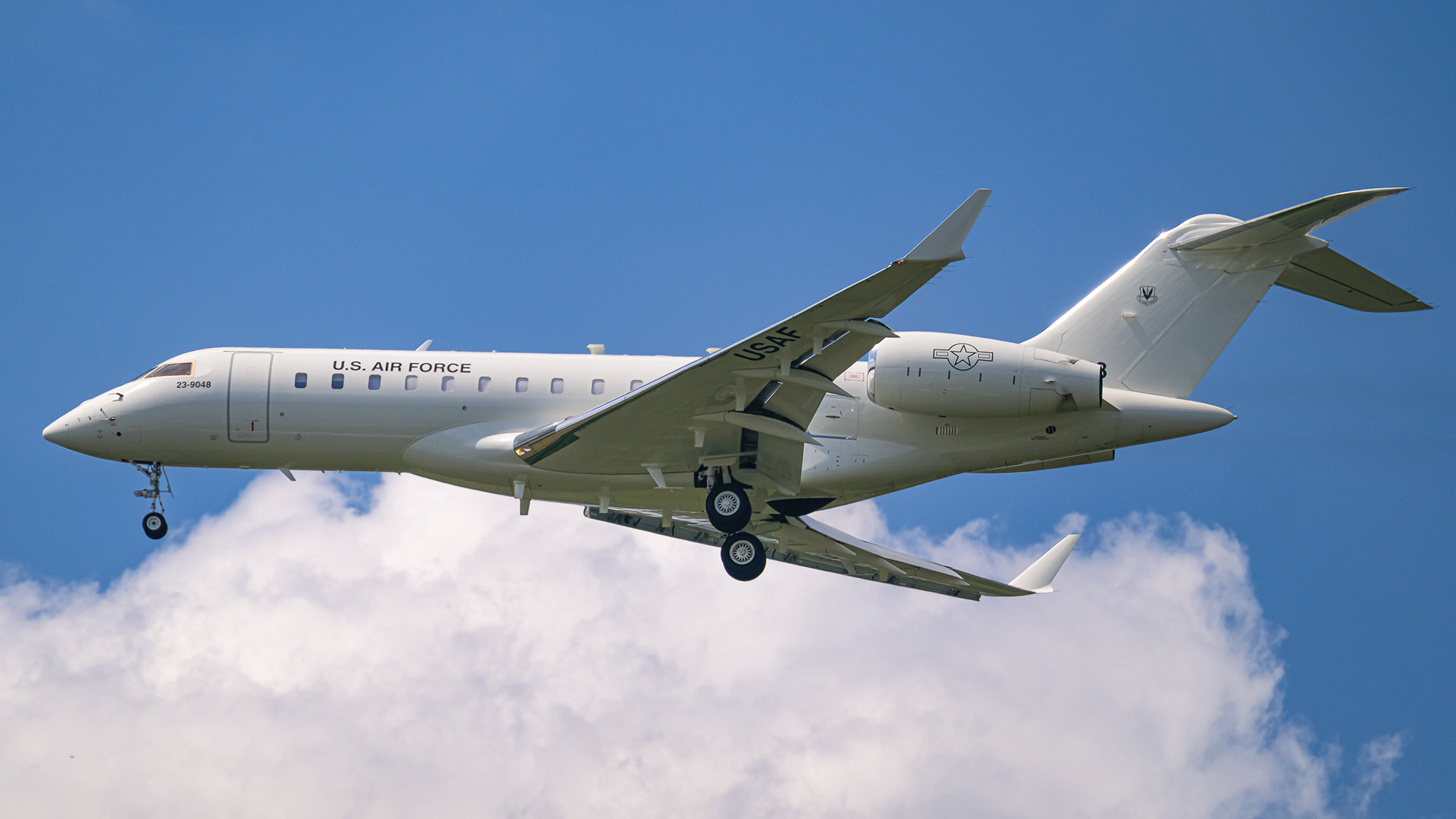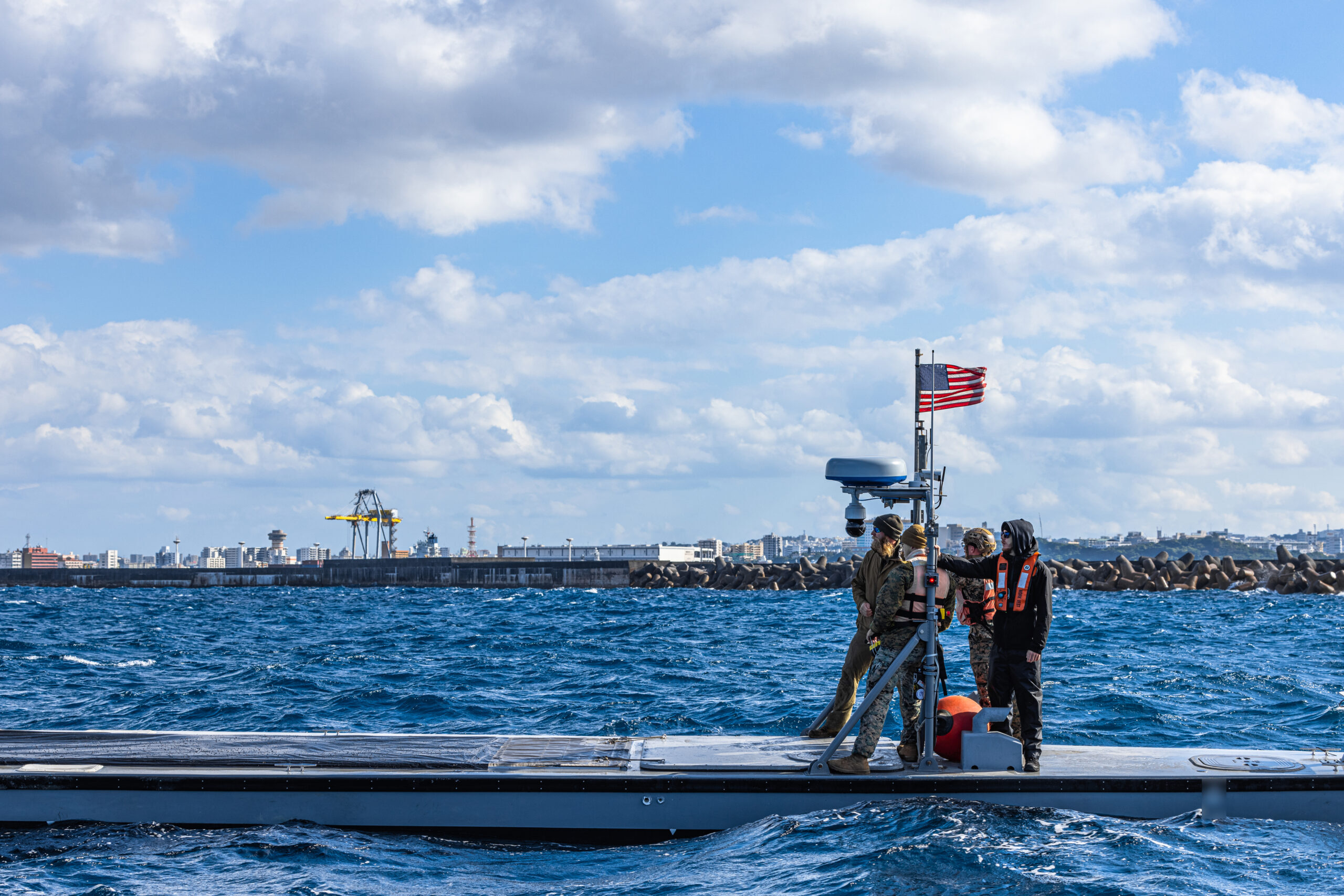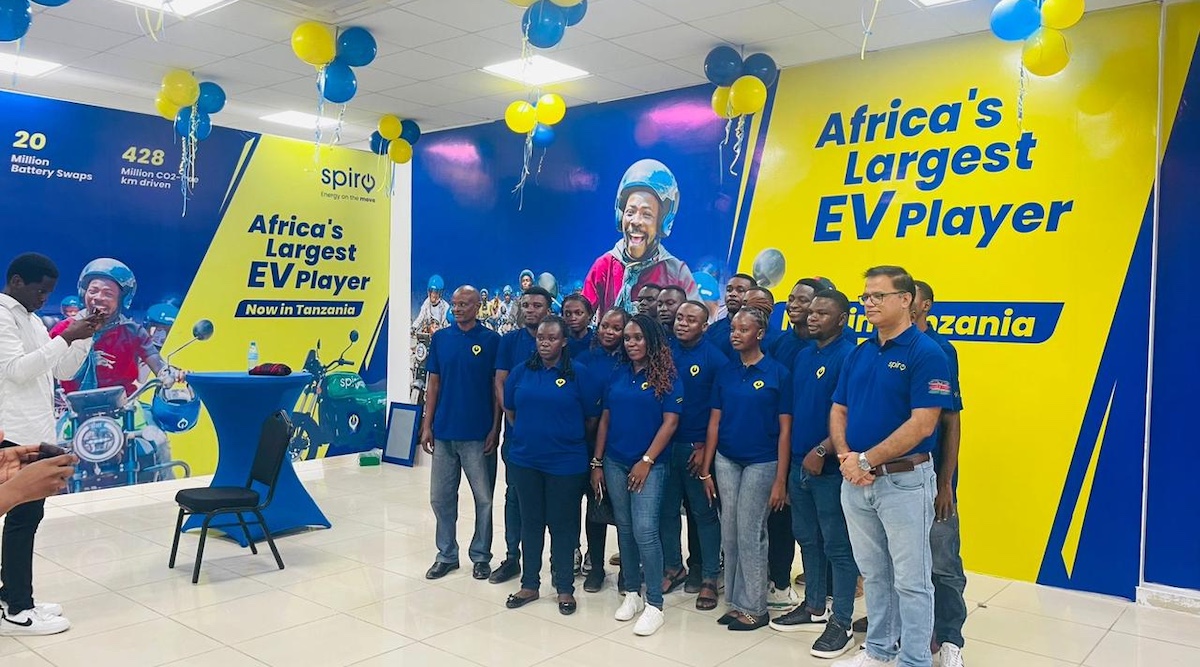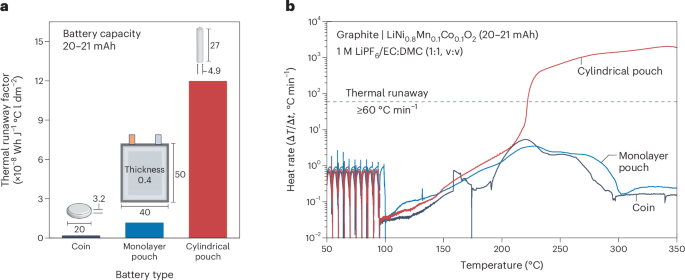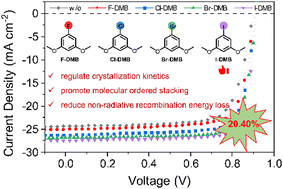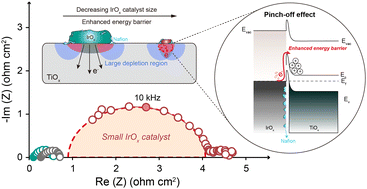Borderlands Mexico: Businesses face supply chain hurdles amid Trump’s tariffs
This week in Borderlands Mexico: Businesses face supply chain hurdles amid Trump’s tariffs; Japanese auto parts maker announces $19M expansion in Mexico; Aerospace manufacturer opens $7M plant in Chihuahua City; and Radiant Logistics acquires Texas freight forwarder. The post Borderlands Mexico: Businesses face supply chain hurdles amid Trump’s tariffs appeared first on FreightWaves.
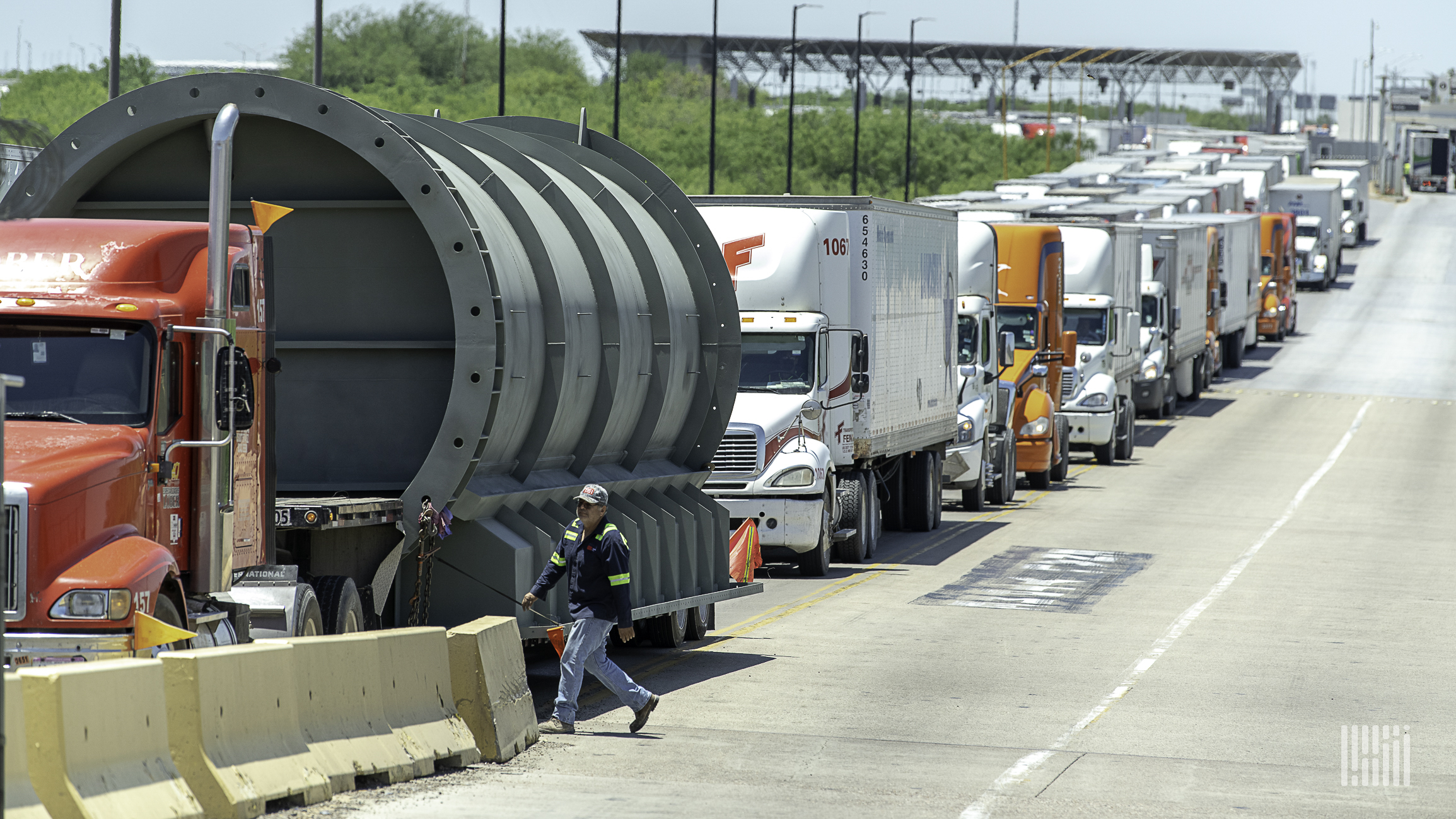
Borderlands Mexico is a weekly rundown of developments in the world of United States-Mexico cross-border trucking and trade. This week: Businesses face supply chain hurdles amid Trump’s tariffs; Japanese auto parts maker announces $19M expansion in Mexico; Aerospace manufacturer opens $7M plant in Chihuahua City; and Radiant Logistics acquires Texas freight forwarder.
Businesses face supply chain hurdles amid Trump’s tariffs
Shippers trying to get goods into the U.S. are grappling with their logistics chains as President Donald Trump’s tariff agenda has created uncertainty across manufacturing sectors, says Vinny Licata, head of logistics at Fictiv.
Fictiv is a San Francisco-based global operation for custom manufacturing that has production facilities in the U.S, Mexico, India and China.
“There is a lot of uncertainty and a lot of people are not sure how to proceed,” Licata told FreightWaves in an interview. “Everybody is looking for guidance. We’re seeing these rates change. Then, all of a sudden you have a tariff for aluminum and steel, and then we’re seeing IEEPA [International Emergency Economic Powers Act] tariffs, then tariffs on automobiles. … Clients are seeking not only the guidance of what tariffs do we have today, but how we navigate these tariffs.”
Related: Trump may cut tariffs on China imports to as low as 50%: Report
Trump said his broad tariff policy is part of his America First economic agenda, which aims to bring more manufacturing back to the U.S.
The administration launched its broad “reciprocal” tariff plan for about 90 U.S. trade partners April 2, including a baseline 10% tariff on trade partners, as well as 25% tariffs on certain imported vehicles and auto parts.
The U.S. also has 25% import duties on all foreign steel and aluminum.
Trump has also used illegal immigration and drug trafficking as reasons to impose tariffs on trade partners such as China, Canada and Mexico.
On Thursday, he announced a trade agreement with the United Kingdom that includes tariff exemptions for a number of imported U.K.-manufactured vehicles, as well as elimination of 25% tariffs currently imposed on British steel and aluminum exports.
Licata said his company is seeing customers finding mistakes in their customs paperwork when trying to apply for tariff exemptions.
“We’ve been on calls with customers to try to understand, ‘How do we best navigate this?’” Licata said. “Sometimes they’re getting their brokers who are even making mistakes on some of their imports. They’re tariffing the Section 232 and IEEPA tariff. And really, in certain situations, maybe only one applies.”
Fictiv has been hearing from customers across different sectors, from HVAC companies to businesses “growing strawberries indoors,” Licata said.
“All these different companies, they have different needs; they’re bringing products in from different areas,” he said.
Most companies will be best served by remaining focused on longer-term supply chain resilience and agility, instead of just trying to reduce the tariff impact of individual shipments, he said.
“Don’t focus on the tariff percentage. I know there’s some really big percentages, but we’re really trying to make sure we look at the total landed cost,” Licata said. “Labor has an impact. The tariff rate has an impact. There’s a lot of different things. We’re telling customers to look at the network. There could be opportunities for us to try to mitigate some of that impact with some other ways inside of the network.”
Officials at Fictiv also remain bullish on Mexico’s growth as a trade partner with the U.S.
Mexico was the top U.S. trade partner last year, totaling a record-breaking $840 billion in two-way commerce. For the first two months of 2025, Mexico has retained its No. 1 ranking, with cross-border trade totaling $138 billion.
“I know Mexico is kind of taking a wait-and-see approach with the [Trump] administration, which seems to be working better than some of the other aggressive tactics we’ve seen from other countries,” Licata said. “I think Mexico for the rest of the year is not in a bad place. I think there’s an opportunity to be able to manufacture there and be a viable option.”
Related: White House reaches trade agreement with United Kingdom
Japanese auto parts maker announces $19M expansion in Mexico
SK Tec said it plans to invest $19 million to expand its existing factory in the Mexican municipality of Irapuato.
Libia Denise Ledo, governor of the Mexican state of Guanajuato, made the announcement on social media on Thursday.
The facility’s expansion will create 80 jobs producing auto parts for OEM clients such as Toyota, Nissan and Honda. The company did not provide a timeline for the opening of the facility.
Japan-based SK Tec opened its factory in Irapuato in 2013, with investments totaling more than $320 million. The facility employs 1,700 workers.
Aerospace manufacturer opens $7M plant in Chihuahua City
The Safran Group has opened its 12th plant in Chihuahua City, Mexico.
The $7 million facility will create around 225 jobs and manufacture aerospace components, such as slides, evacuation rafts and other supplies, according to a news release.
Paris-based Safran Group is one of the largest aerospace companies in the world, building airplane engines and manufacturing other airplane equipment.
Safran is Mexico’s largest aerospace employer, with 20 total factories employing more than 14,000 employees across the country. In addition to Chihuahua City, Safran has eight factories in Querataro.
Radiant Logistics acquires Texas freight forwarder
Radiant Logistics has acquired ocean and airfreight forwarder Universal Logistics Inc.
Universal Logistics, based in Houston, specializes in time-sensitive domestic and international air and ocean freight for the oilfield services and HVAC industries. The company has been operating under the Airgroup brand since 2001.
On closing, Universal will continue to operate under the Airgroup brand as it transitions to the Radiant brand. Universal’s Houston’s operations will combine with existing Radiant operations in the area.
Terms of the transaction, announced Monday, were not disclosed.
Bellevue, Washington-based Radiant Logistics (NYSE: RLGT) is a third-party logistics provider in the U.S. and Canada.
The post Borderlands Mexico: Businesses face supply chain hurdles amid Trump’s tariffs appeared first on FreightWaves.

























